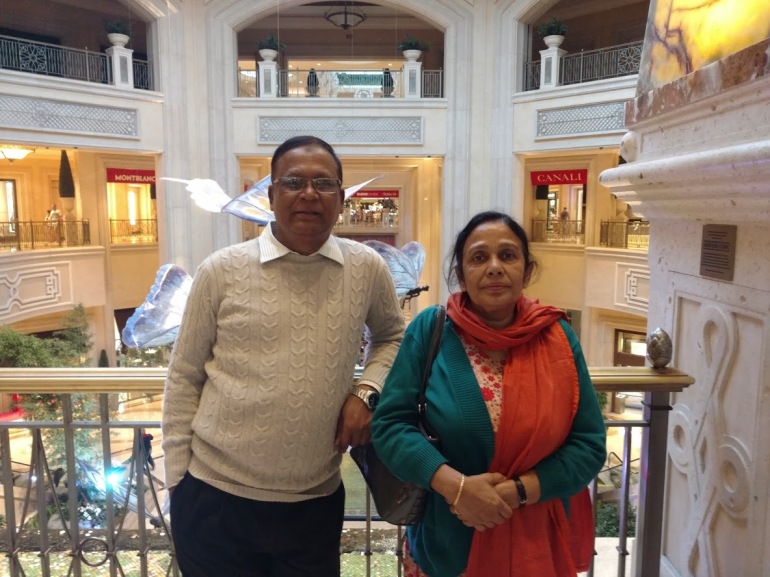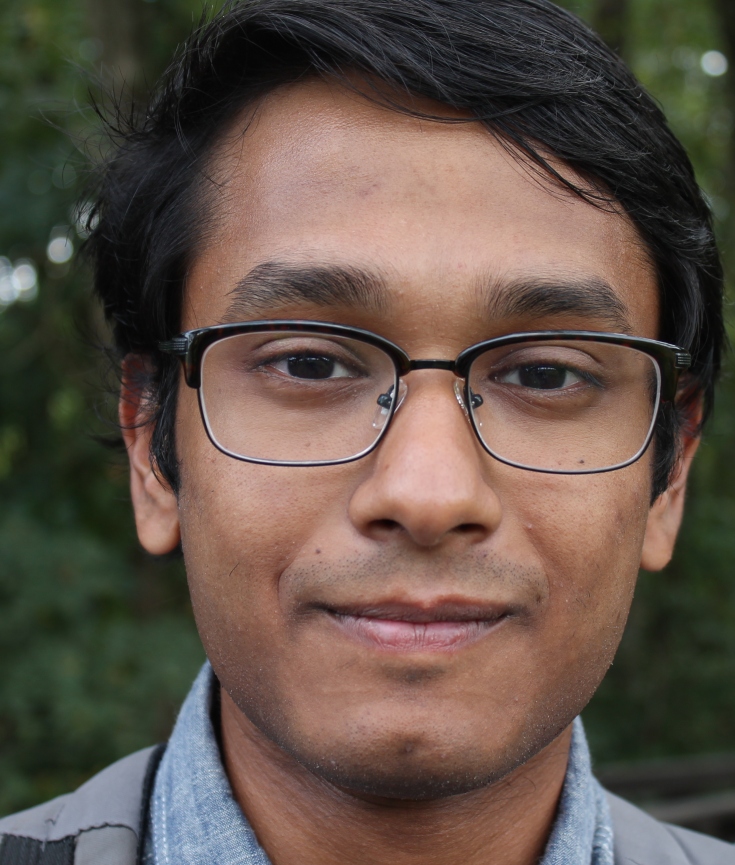Fahim Hossain lived in a household where arranged marriage was accepted and encouraged for 22 years before moving from Bangladesh to the United States in 2012. Through exposure to these two different cultures, Hossain has been able to see differences, as well as a lot of similarities, between arranged and “love” marriages. I was able to sit down with Fahim and ask him a few questions about arranged marriages and her feelings on them.
BE: Tell me about your parents’ relationship.
Fahim: They’re just like any other marriage, you know? Little bit of bickering, little bit of happiness and then everything else in between. I think they’ve been married for over 34 years now.
BE: How old were they when they got married?
Fahim: My dad was 30, I think my mom was 28.
BE: How do you think marriages in your culture differ from a typical Western marriage?
Fahim: From what I’ve seen, Western marriages are mostly based on dating, where two people basically come together and spend time – three months, three years, depends on the dynamic of the relationship – before they decide to do anything. [In the West] I think people have some fear about commitment because of all the rules and regulations that come with a marriage and the divorce laws. On the other hand, in my culture it’s more about maintaining a decorum. You’re supposed to marry someone who has a similar social status, maybe from a good family with a good education. The family orientation is a big thing. Family needs to be involved in the wedding and everything; they need to be communicating with each other. Basically it’s like you’re not just marrying that person, you’re actually becoming a part of another family, and vice versa.
BE: How prevalent are arranged marriages in your culture?
Fahim: Arranged marriage has always been a part of Muslim culture as far as I know. The Islamic religion teaches arranged marriage but it’s not extremely enforced. You’re not supposed to get married unless you actually like that person, for men and women both. Although, that’s not always practiced. The girl’s opinion doesn’t always seem to matter; it all gets clouded with the whole religious/cultural bindings and customs. But, if we go by the book it’s not supposed to be like that. Your parents and elders are definitely not supposed to force you into it.
BE: How has your parents’ relationship impacted you?
Fahim: I think the impact varies from family to family. Some arranged marriages work really well, and others don’t. For me, I think it’s made me appreciate both arranged and “love” marriages. Either way, it’s important to communicate and bring out the good in the other person.
BE: Would you ever consider an arranged marriage?
Fahim: [Fahim laughs] It’s a complicated question. Would I? Yes, but not in the traditional sense where I would only get to meet the person once or twice before getting married. I would want to wait for a few months or longer. I would want to talk to that person, and take some time getting to know them before I commit to something. The dynamic of relationships is changing all over the world, I think. It’s becoming more about individuality and how your individuality matches with and compliments the other person, as well as balancing each other’s shortcomings. So maybe I would consider an arranged marriage, but I don’t want anyone to commit to me and have a family with me just because they signed a paper.
-Leah McClure

